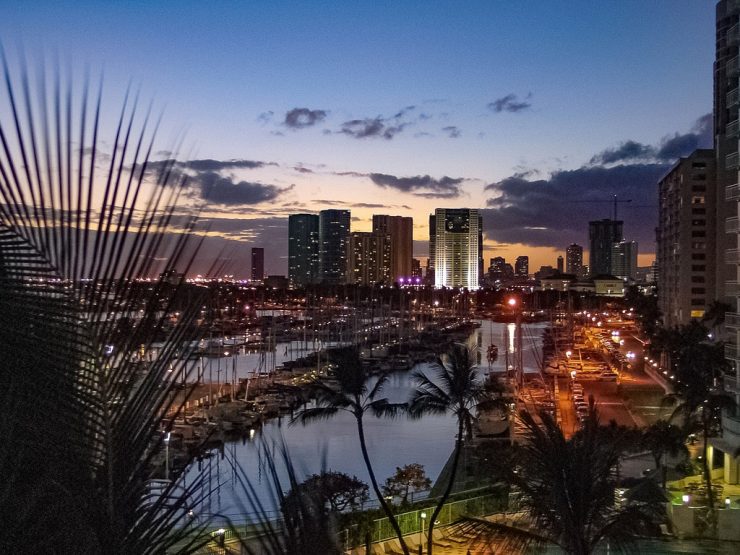When the first travel ban was signed by President Donald Trump in January, chaos ensued at airports; there were vocal protests as well. That order faced over two dozen lawsuits and it was put on hold by a federal judge in Seattle.
The revised order is not as sweeping as the first one in which travelers from seven mostly Muslim countries were banned from entering the US and a ban was imposed on refugees as well. The countries in question were Iraq, Iran, Somalia, Sudan, Libya, Yemen and Syria.
The revised travel ban order has taken out Iraq from the list; the ban only applies to new applicants for visa. It no longer includes existing visa holders, or any legal permanent residents, and allowances have been made for diplomatic and business travelers. The order also shuts down the refugee program temporarily and the number of refugees who will eventually be allowed in has been decreased to 50,000.
The new lawsuit has been rewritten and it will likely be much harder now to put it on hold. The biggest obstacle against filing a lawsuit would be finding someone who has been negatively affected by the policy. Due to the exemptions, it might be harder to find someone like that.
Attorneys representing the state of Hawaii filed a lawsuit on Wednesday against the US government in a Federal court in Honolulu asking for a temporary restraining order that would be applicable across the country. The lawsuit argues that a portion of the state’s population is being discriminated against which is a violation of the US constitution. The lawsuit also cites a hindrance in the state’s economy owing to decrease in tourism because of the ban.
“President Trump’s new Executive Order is antithetical to Hawaii’s State identity and spirit,” lawyers for the state wrote. “For many in Hawaii, including State officials, the Executive Order conjures up the memory of the Chinese Exclusion Acts and the imposition of martial law and Japanese internment after the bombing of Pearl Harbor.”
(Editing by Mohith Agadi)





















